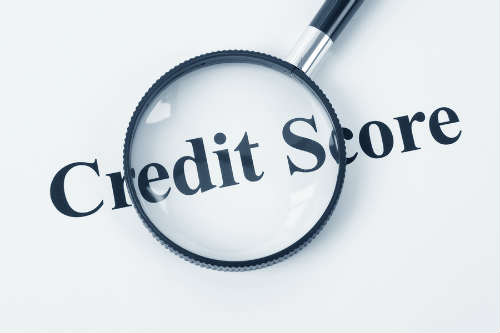There is a lot of misinformation about what goes into your credit score. However, officials from Fair Isaac Corporation (the company that created FICO scores) have said many times that this is the heart of what happens: Your credit files – currently those from Equifax and TransUnion – are reviewed.
Certain information (roughly 22 items) about how you’ve managed your credit is statistically analyzed. Ultimately, five different categories are weighted to produce your FICO score. Here is the breakdown of those five areas that contribute to your FICO score:
The Formula That Governs Your FICO Score
- Payment History: Approximately 35% of your score is based on this category.
- Amounts Owed: About 30% of your score is based on this category.
- Length of Credit History: Roughly 15% of your score is based on this category.
- New Credit: Around 10% of your score is based on this category.
- Types of Credit in Use: About 10% of your credit score is based on this category.
Tips to Improve Your FICO Score
Based on this information, as well as other advice FICO freely disseminates on its website (http://www.myfico.com) and elsewhere, you can draw some good general conclusions about what actions can help your credit – and what could hurt it. For example, to increase your credit scores:
- Pay Your Bills on Time
- Payment track record is the largest component of your FICO score
- Even if you must make “minimum” payments, do it!
- One late payment can drop your FICO score by 60 to 110 points
- Maintain Low Credit Card Balances
- Don’t “max out” any cards
- Try to not to use up too much of your available credit limit
- Spread out debt over several cards instead of carrying big balances
- Keep Your Older, Established Accounts Open
- Longer credit history is scored favorably
- Resist the urge to close an account when you pay it off
- Closing accounts can sometimes lower your FICO credit scores
In addition, Fair Isaac in November 2009 revealed for the first time some specifics regarding how various mistakes can impact your FICO scores. Take a look at the following chart to see how credit problems – from maxing out a credit card to entering a debt settlement program – can impact your FICO score.
Credit Mistake If your score is 680 If your score is 780
Maxed-out card Down 10 to 30 pts. Down 25 to 45 pts.
30-day late payment Down 60 to 80 pts. Down 90 to 110 pts.
Debt settlement Down 45 to 65 pts. Down 105 to 125 pts.
Foreclosure Down 85 to 105 pts. Down 140 to 160 pts.
Bankruptcy Down 130 to 150 pts. Down 220 to 240 pts.
Source: FICO
FICO first revealed this information to MSN writer Liz Pulliam Weston. The company emphasized that since each person’s credit file is unique, it is difficult to state a single number (in terms of points) that would be lost due to credit mistakes. There are just way too many variables, including how many credit accounts a person has, the length of his or her credit history, and a host of other factors. Nevertheless, this information is unique valuable and insightful as a strong reference point for consumers.
Additionally, knowing the general factors that go into calculating your FICO scores, as well as the impact that credit blunders can have, can help you not stress over – or make mistakes concerning – other areas of your life that play no role whatsoever in your credit.








